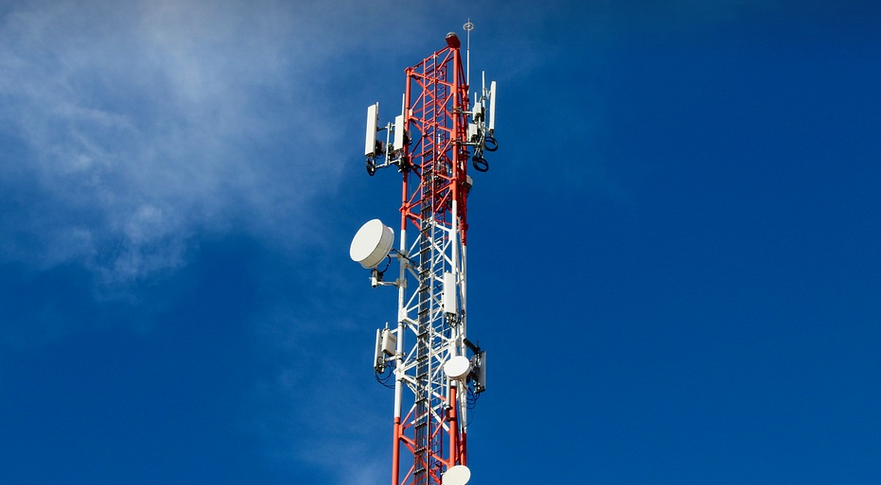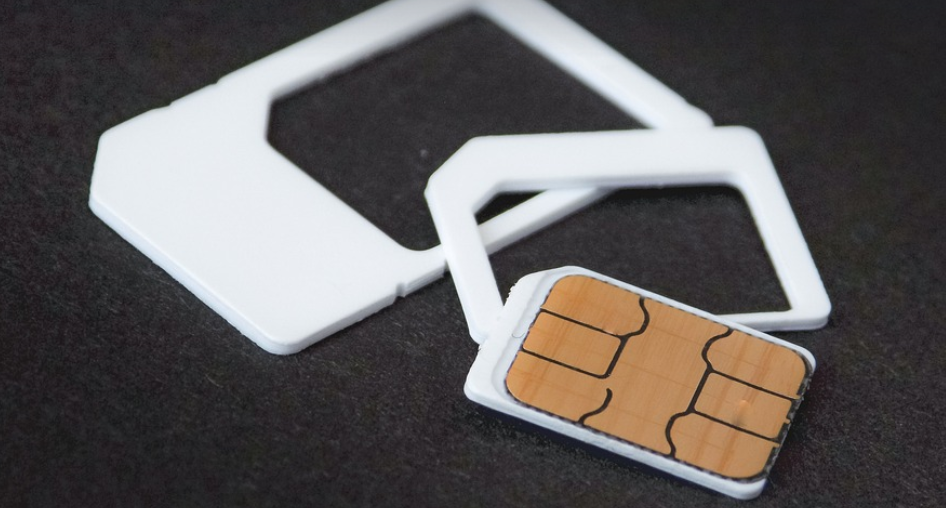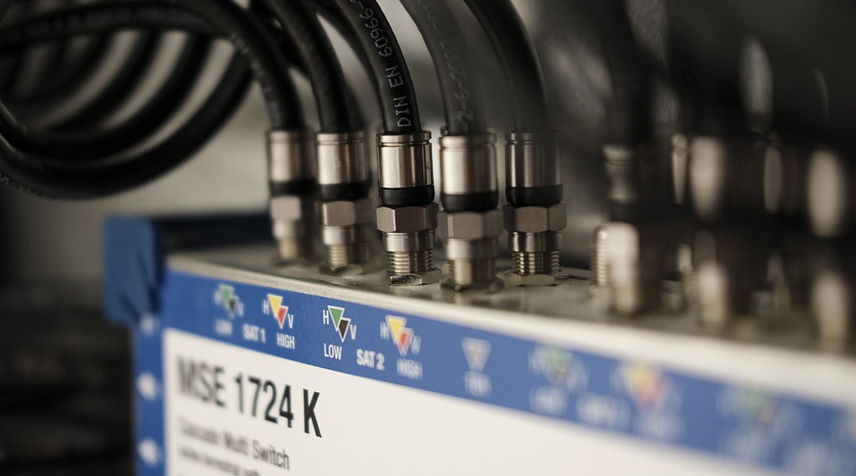Transmission Problems? Don’t Sweat it!
You know the feeling – cruising down the highway, enjoying your music, and then bam! The transmission starts acting up. Maybe you hear a weird whine, notice jerking movements, or even feel like the car is going in neutral. It can be incredibly frustrating, especially if you’re stuck in traffic or on a long drive.
But don’t worry! Transmission problems aren’t as daunting as they seem. Finding the right mechanic and knowing what to look for can make all the difference. In this guide, we’ll tackle everything you need to know about transmission repair in Kissimmee, FL – from understanding common issues to finding a reliable shop.
What Exactly is a Transmission?
Your car’s engine needs something to smoothly transfer its power to your wheels. That’s where the transmission comes in. This complex system of gears and clutches transforms the engine’s power into usable torque for various speeds and driving conditions. Think of it like a sophisticated gearbox, but with even more moving parts.
A healthy transmission translates to smooth acceleration, effortless shifting, and efficient fuel consumption. But when things go wrong, you might experience issues like:
- Slow or jerky shifts
- Loss of power while driving
- High RPMs at low speeds
- Whining noises from the transmission area
- Difficulty starting the car
- Vibrations in the steering wheel or pedals
Why Choose Transmission Repair in Kissimmee, FL?
Kissimmee, FL, has a bustling automotive community, and finding the right mechanic for your transmission repair is crucial. Here’s why choosing a local shop is especially valuable:
* **Knowledgeable Mechanics:** Local shops often have mechanics who are deeply familiar with the unique challenges of Kissimmee’s climate and traffic patterns, ensuring they understand your car needs better than a large national chain. * **Fast & Efficient Service:** As opposed to larger dealerships that may require longer wait times, local shops often provide quicker turnaround times for repairs and service due to their smaller size and efficient workflows. * **Personalized Attention:** Smaller shops offer more personalized attention, where you can have direct communication with the mechanic who will discuss your specific concerns and answer any questions about your car’s health. * **Convenient Location:** You won’t have to drive too far for a simple check-up or repair.
Types of Transmission Repair in Kissimmee, FL
When it comes to transmission repair, there are a variety of issues that can arise:
* **Fluid Leaks**
A common problem is fluid leaks, which can be due to worn seals or gaskets. This leakage not only contaminates the driving environment but also damages your system.
* **Worn Gears and Clutch Plates:** Over time, gears and clutch plates within the transmission can wear out. If left unchecked, this will lead to shifting difficulties, loss of power, and even premature damage.
A proper inspection by a qualified mechanic is required to pinpoint these issues before they escalate.
* **Torque Converter Problems:** This crucial component helps transfer power from the engine to the transmission’s gears. If it malfunctions, you might experience jerky starts, slipping gears, and even engine overheating.
A damaged torque converter can be a costly fix, so seeking repairs promptly is essential.
* **Computer Issues:** Modern cars are increasingly reliant on sophisticated computer systems for transmission control. Malfunctions in these electronic brains can lead to erratic shifting and other problems.
Modern diagnostics tools can pinpoint the source of these issues, allowing mechanics to address them efficiently.
Finding the Right Transmission Repair Shop
Choosing the right shop is critical for a successful repair. Here’s what to look for:
* **Reputation & Reviews:** Check online reviews and ask friends and family for recommendations. * **Licensing & Certification:** Ensure the mechanics are licensed and certified, indicating a level of expertise in transmission repair. * **Transparent Pricing:** Get clear quotes from various shops and ask about any hidden fees. * **Communication & Customer Service:** Look for communication that’s responsive, transparent, and clear about what needs to be done.
Preventative Maintenance: Keeping Your Transmission Running Smoothly
Just like an engine requires regular oil changes, your transmission benefits from preventative maintenance. Regular checkups can help catch potential problems before they turn into major headaches:
* **Fluid Changes:** Schedule fluid changes every 30,000-60,000 miles to prevent buildup and maintain optimal performance. * **Inspection & Diagnosis:** Have your transmission inspected by a mechanic during routine service checks for early detection of issues.
A well-maintained transmission will offer years of smooth driving pleasure without the need for expensive repairs.


